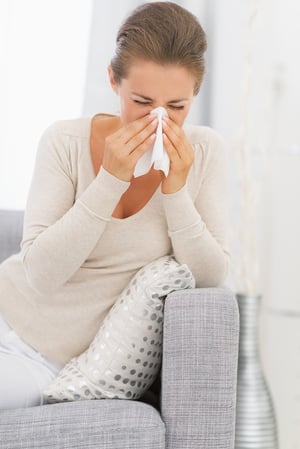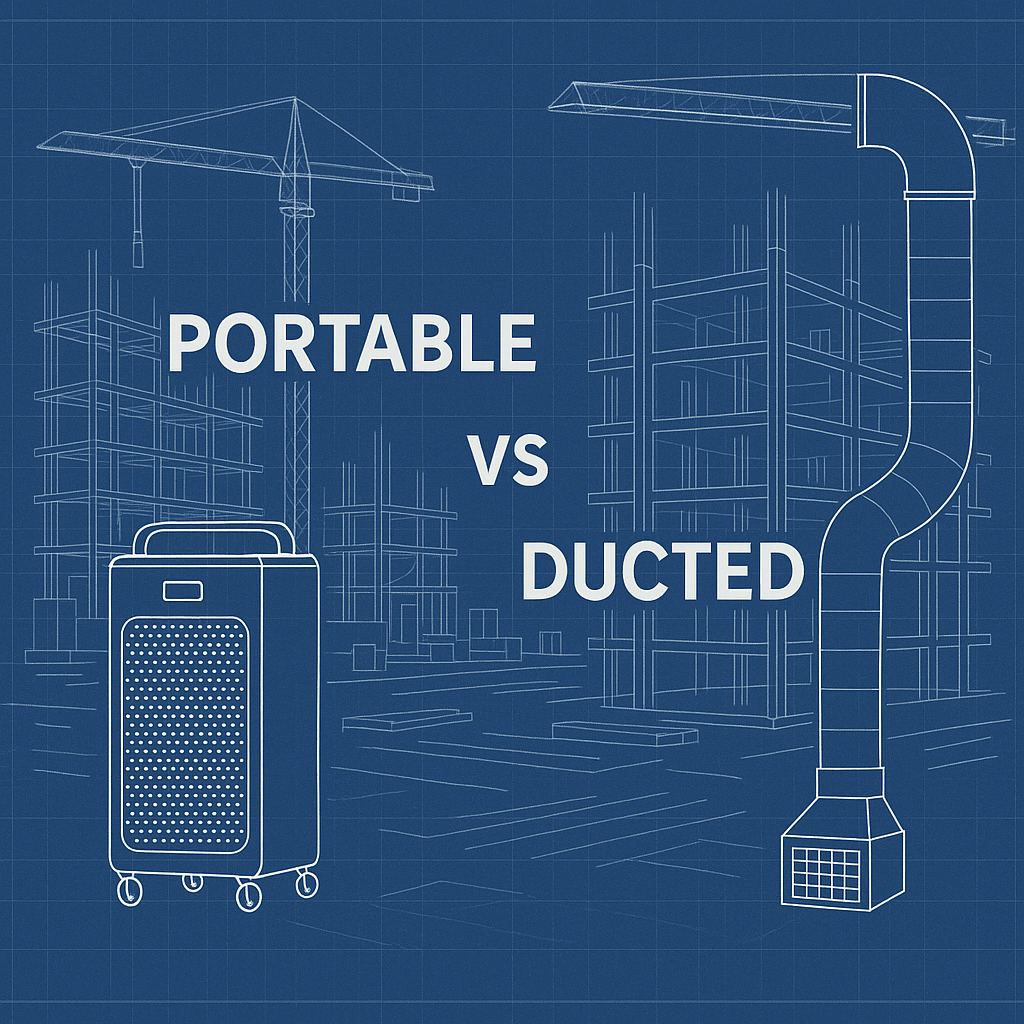 Did you know that one in five Americans (over 50 million) have allergies of some sort? The sneezing, scratchy throats, running noses and itchy eyes are some of the most common ailments today. There are dozens of types of allergies (to pets, pollen, plants, insects and more), but many have common triggers that bring on symptoms.
Did you know that one in five Americans (over 50 million) have allergies of some sort? The sneezing, scratchy throats, running noses and itchy eyes are some of the most common ailments today. There are dozens of types of allergies (to pets, pollen, plants, insects and more), but many have common triggers that bring on symptoms.
While it would be difficult (and expensive) to build a completely allergy-free home, there are some simple steps you can take now so that your house is as allergy-proof and healthy as possible.
Dr. Sandra Fryhofer of WebMD explored the American Lung Association’s "Healthy House of the South," which goes to extreme measures to provide an allergy-free environment. Along with some new innovations, she also offers several simple tips for allergy-proofing your home.
1. Use a Dehumidifier - Moisture is not your friend when you suffer from allergies. A home dehumidifier lowers moisture levels in the air and inhibits the growth of mold and mildew, two serious allergy triggers.
2. Install HEPA Filters for Your Central Heating & Air Units - Clean air is much less likely to contain contaminants that irritate allergies. Go the extra mile to treat the air in your home at its source.
3. Have Ducts Sealed to Keep Insects & Rodents Out - You would be amazed at just how easily insects and other critters can crawl into your duct work and your home. Because they carry allergens along with them, it is smart to take measures to prevent rodents and insects from getting in the first place.
4. Vacuum Twice a Week with a Good Quality Vacuum - Carpets and rugs are like allergen sponges. They soak up pet dander, pollen brought in on shoes, environmental irritants from your clothes and more. Using a professional-grade vacuum, clean rugs and carpets at least twice a week, paying special attention to high-traffic areas.
5. Remove Area Rugs - If your allergies are extreme, you may need to completely remove fabric area rugs and/or replace carpet with hardwood floors. Make sure any rugs you must have (at doorways, etc.) are either rubber or washable fabric. Clean them regularly.
6. Keep Windows Closed if Allergic to Pollen - While a breath of fresh air seems lovely, it can cause reactions in those allergic to pollen. Best to keep your windows closed.
7. Turn Fans Off - Ceiling, box and window fans stir up dust and dust stirs up allergies. It's best to keep fans off rather than risk a reaction.
8. Use Mold-Killing Solutions Such as Bleach to Wipe Down Wet Tile - Because tile (especially stone tile) is porous, it can grow and retain mold and mildew if constantly wet. In bathrooms and other areas where wet tile can be found, use a mold-killing cleaner or bleach to prevent growth.
9. Buy Mold-Resistant Shower Curtains - In addition to keeping showers clean, buy shower curtains that are mold-resistant or switch to sliding glass shower doors.
10. Use Plastic Covers for Mattresses, Pillows and Box Springs - From dust mites to bed bugs, your sleeping area is a prime breeding ground for allergens. Containing each piece of your bedding in plastic covers traps and kills contaminants.
11. Wash Bedding in Hot Water (at least 130 degrees) Weekly - Changing your sheets isn't enough when you're battling allergies. Wash your sheets, blankets, mattress covers, pillow covers and comforters weekly in hot water for best results.
12. Keep Entryways Clean of Dust, Dirt and Pollen - Anything found on your porch or at your doorstep stands a good chance of making its way into your home.
13. Leave Shoes by the Door as They Track Allergens In - To further prevent tracking unwanted elements into your home, leave shoes by the doorway.
In addition, the Asthma and Allergy Foundation of America recommends:
14. Use Indoor Air Cleaners - "In 1990 the United States Environmental Protection Agency (EPA) ranked indoor air pollution as ‘a high priority public health risk.’" Now you can use indoor air purifiers to help keep the air in your home allergy-free.
15. Get Rid of Cockroaches - The American Academy of Allergy, Asthma and Immunology strongly recommends getting rid of cockroaches because of the effect their droppings have on those with allergies. Picking up food and fixing leaky faucets are just a couple of quick ways to discourage these pests from making your home their home.
"Clean" is the operative word when it comes to allergy prevention. By knowing what to do and having the best tools to help you do it, you can breathe easier and have less-severe reactions to your surroundings.
Need help choosing products to make your home healthier? Contact us with your questions. We're always here to help.



![4 Ways Indoor Humidity Can Cause Problems For Your Business [2025 UPDATED]](https://blog.purennatural.com/hubfs/a%20factory%20with%20extreme%20humidity%2c%20showing%20condensation%2c%20heavy%20air%2c%20and%20workers%20struggling%20with%20the%20damp%20environment.webp)

